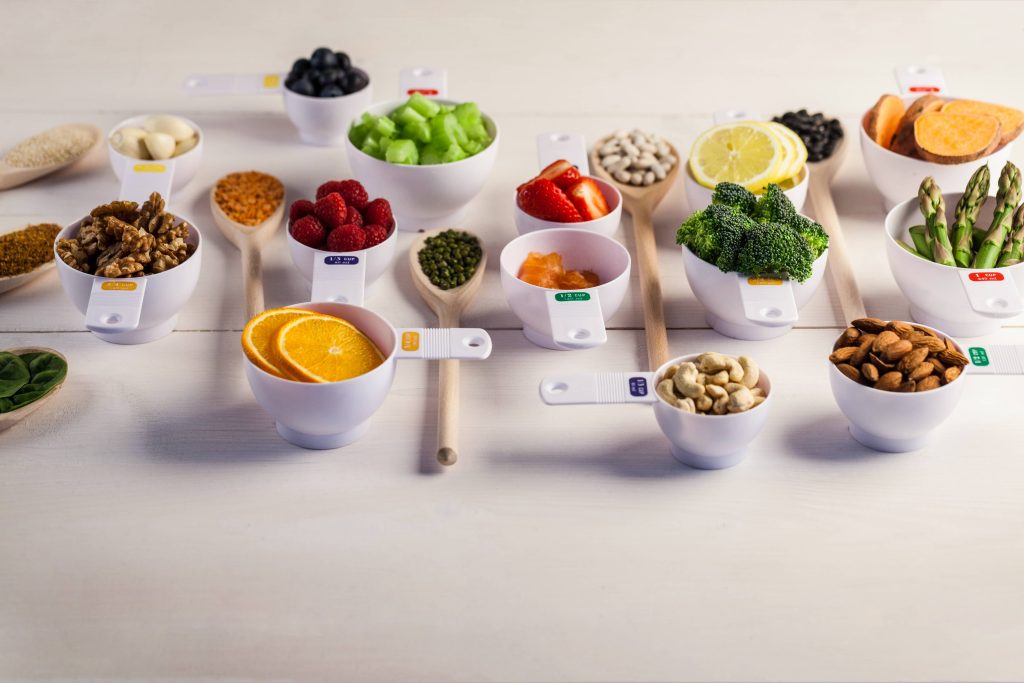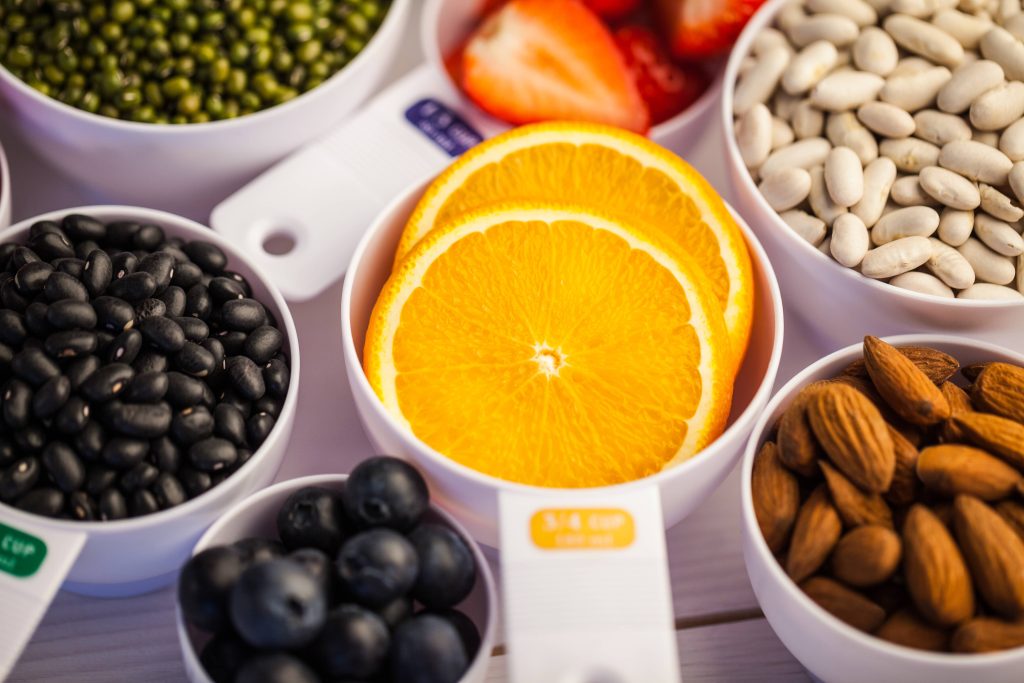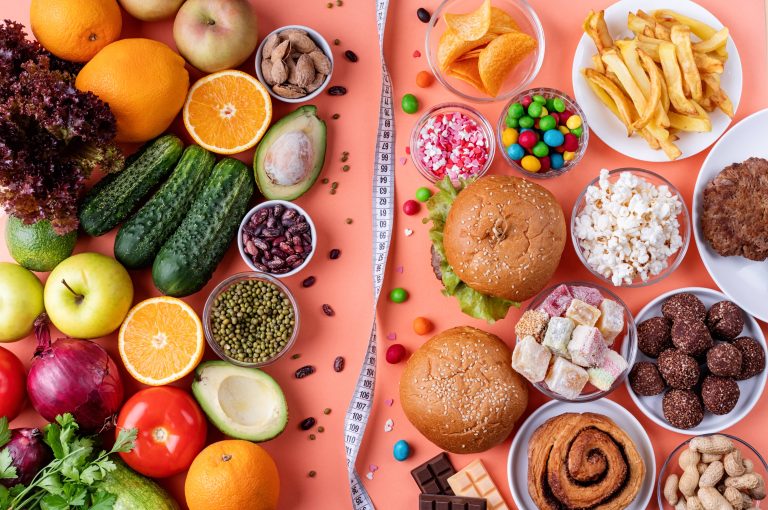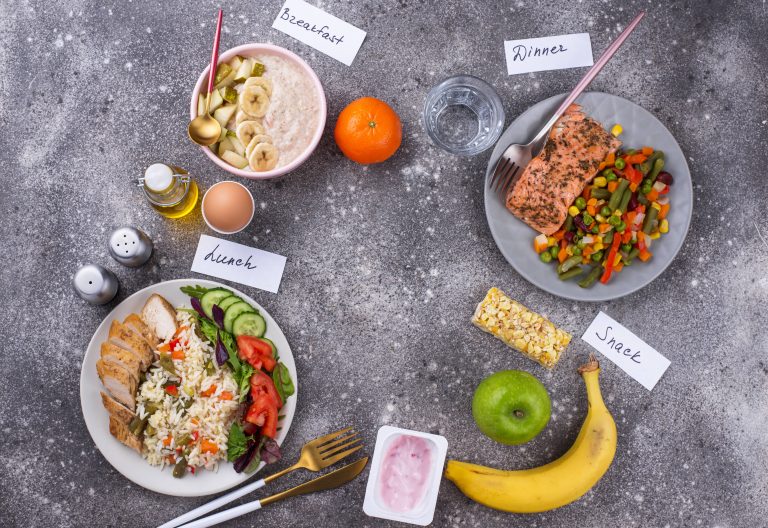
In recent years, the term “gut health” has become a buzzword in the wellness community, and for good reason. The gut, often referred to as the “second brain,” plays a pivotal role in our overall health and well-being. From digestion to immunity, the gut is at the center of many bodily functions. But what exactly is the connection between your gut and your diet, and how can you harness this relationship to achieve vibrant health? Let’s delve into the fascinating world of gut health and explore how your dietary choices can make a significant impact.
Understanding the Gut: More Than Just Digestion
The gut, or gastrointestinal tract, is a complex system that extends from the mouth to the anus. It is responsible for breaking down food, absorbing nutrients, and eliminating waste. However, its functions go far beyond digestion. The gut is home to trillions of microorganisms, collectively known as the gut microbiota, which play a crucial role in maintaining health.
The Gut Microbiota: Your Internal Ecosystem
The gut microbiota is a diverse community of bacteria, viruses, fungi, and other microorganisms that reside in the digestive tract. These microbes are not just passive inhabitants; they actively contribute to various bodily functions. They help in digesting complex carbohydrates, synthesizing vitamins, and protecting against harmful pathogens. Moreover, the gut microbiota is involved in regulating the immune system and even influencing mood and behavior through the gut-brain axis.
The Gut-Brain Axis: A Two-Way Communication
The gut-brain axis is a bidirectional communication network that links the gut and the brain. This connection is facilitated by the vagus nerve, hormones, and neurotransmitters. The gut microbiota can produce neurotransmitters such as serotonin, which is often dubbed the “feel-good” hormone. In fact, about 90% of serotonin is produced in the gut. This highlights the profound impact that gut health can have on mental well-being.
The Diet-Gut Connection: How Food Shapes Your Microbiota
Your diet is one of the most significant factors influencing the composition and function of your gut microbiota. Different foods can promote the growth of beneficial bacteria or harmful ones, affecting your overall health.
Fiber: The Unsung Hero
Dietary fiber, found in fruits, vegetables, whole grains, and legumes, is a crucial component of a gut-friendly diet. Fiber acts as a prebiotic, providing nourishment for beneficial bacteria. When these bacteria ferment fiber, they produce short-chain fatty acids (SCFAs) like butyrate, which have anti-inflammatory properties and support gut barrier integrity.
Fermented Foods: A Probiotic Powerhouse
Fermented foods such as yogurt, kefir, sauerkraut, and kimchi are rich in probiotics—live beneficial bacteria that can enhance gut health. Regular consumption of fermented foods can increase the diversity of your gut microbiota, which is associated with better health outcomes.
The Impact of Processed Foods
On the flip side, a diet high in processed foods, sugar, and unhealthy fats can disrupt the balance of gut bacteria. Such a diet can promote the growth of harmful bacteria, leading to inflammation and an increased risk of chronic diseases like obesity, diabetes, and heart disease.
Practical Tips for a Gut-Healthy Diet
1. Prioritize Whole Foods: Focus on consuming whole, unprocessed foods that are rich in nutrients and fiber. Incorporate a variety of fruits, vegetables, whole grains, nuts, and seeds into your meals.
2. Include Fermented Foods: Add fermented foods to your diet to boost your intake of probiotics. Try incorporating yogurt, kefir, or fermented vegetables into your daily routine.
3. Stay Hydrated: Adequate hydration is essential for maintaining a healthy digestive system. Water helps in the digestion and absorption of nutrients and supports the elimination of waste.
4. Limit Sugar and Processed Foods: Reduce your intake of sugary and processed foods, which can negatively impact your gut microbiota and overall health.
5. Experiment with Plant-Based Meals: Plant-based diets are rich in fiber and beneficial compounds that support gut health. Try incorporating more plant-based meals into your diet.
6. Listen to Your Body: Pay attention to how different foods make you feel. Everyone’s gut is unique, and what works for one person may not work for another.
Conclusion: Embrace the Gut-Diet Connection
The connection between your gut and diet is a powerful one, with the potential to influence your health in profound ways. By making mindful dietary choices, you can nurture your gut microbiota and unlock the secrets to vibrant health. Remember, a healthy gut is the foundation of a healthy body and mind. So, start today by embracing a gut-friendly diet and experience the transformative benefits for yourself.










